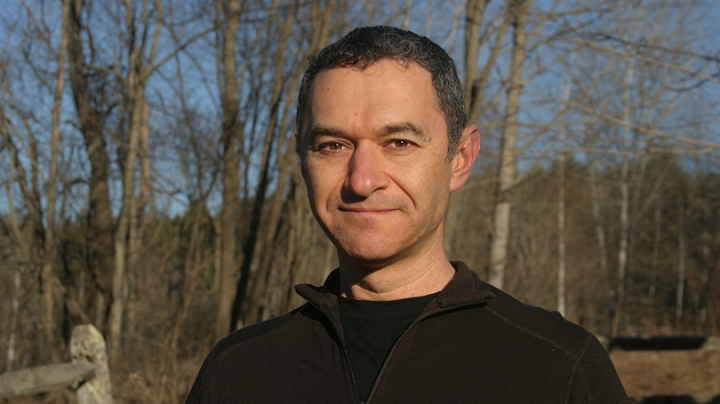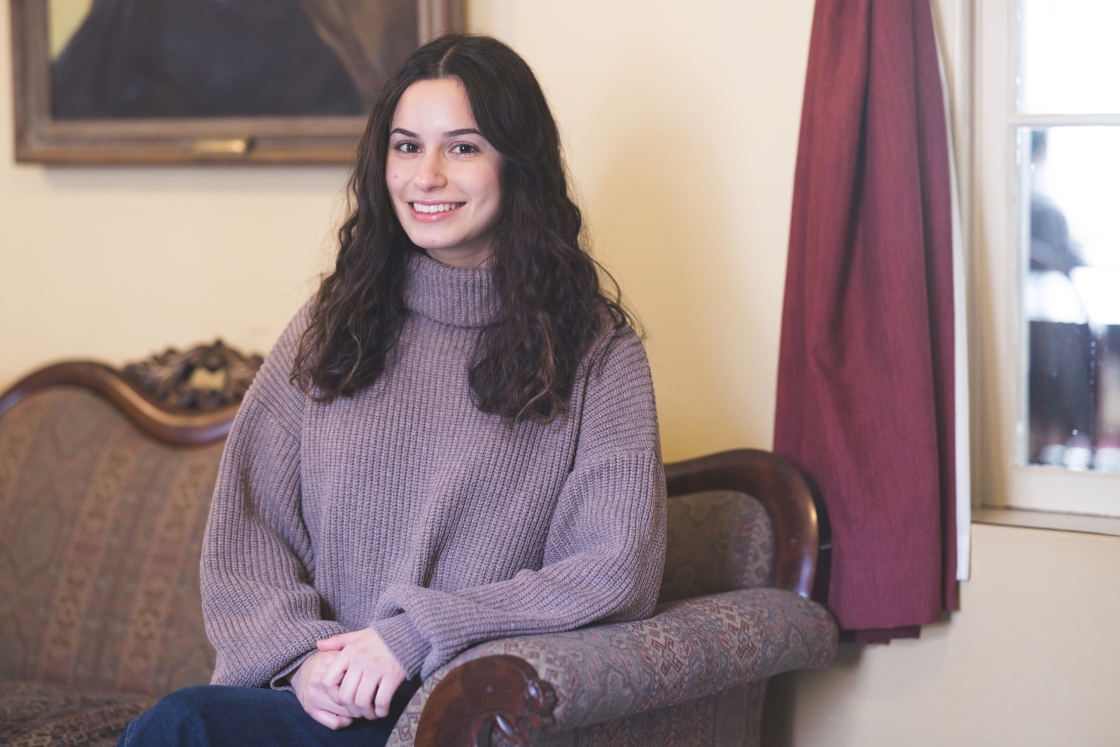Professor of Philosophy Samuel Levey lives on a remote hill in Lyme, N.H. His internet is unstable, and he loses power when the wind blows. That was when life was normal.
Like so many others, Levey suddenly feels distant. Even when surrounded by family, the sensation can strike. “It can seem as if no matter where I am, I am alone,” he says about the disruptions brought on by the COVID-19 pandemic. It’s a feeling that is echoing through Dartmouth’s dislodged community.
But Levey realizes that these feelings are perfectly normal. “Our emotional connections naturally expect physical proximity,” he says, “it’s hard to feel complete when we are not close to each other.”
Levey, chair of the philosophy department, is a scholar in metaphysics. Though written years ago, his faculty page asks questions that seem tailor-made for the times: “What is truth?” “What is the past apart from memory?” “How can something remain one and the same through change?”
These are questions that are almost certainly going through the minds of students, faculty, and staff who find themselves reexamining their lives.
Levey admits that philosophy is better at posing “reevaluated questions” than offering concrete answers, but he is convinced that it can provide comfort and guidance for anyone whose rituals have been ravaged by a near-invisible pathogen that is causing so much visible pain.
“Life is an experience filled up with what we are doing, but also with what seems possible to do at any one moment,” says Levey. “Right now, with so many plans washed away, how we are used to feeling and how we actually feel are oceans apart.”
Philosophy by itself won’t solve problems, Levey acknowledges, but he believes it can help people see the guiderails that frame society: Philosophy sees the big picture; philosophy provides clarity of thought; and philosophy can help make the not-so-normal somehow make sense.
As Aristotle said, humans are “by nature social animals.” Reflecting on the instances of isolation brought on by COVID-19, Levey agrees. “Our emotional response to the pandemic shows that social connection may be what matters most to people. We yearn for the emotional satisfaction that comes with proximity.”
He says that while “social distancing” is the label of the times, it’s the physical distancing that makes learning, working, and playing alone so difficult. “Many people still have the amenities of modern life—including social tools like video calls, chat, and text—but not being close to one another makes things radically different.”
The latest in communications technology will be at Levey’s disposal when he co-teaches “Humanity by Design” with Associate Professor of Film and Media Studies Mark Williams in the spring term. The two have taught the class before, but they are in “rapid startup mode” to prepare for the unknowns of remote teaching.
“Faculty are working with fervor to reconfigure entire classes,” Levey says. “We want to get this right. There are so many decisions to be made about classes, but we no longer have the luxury of walking down the hallway and knocking on someone’s door.”
Once classes start, he’ll hold office hours throughout the week to accommodate students in different time zones. As department chair, he’ll also hold office hours for department faculty. “There is a tremendous amount of concern going into making certain of the well-being of students and faculty as we work within the realities of distance learning and teaching,” he says.
So, how can something remain one and the same through change?
Even as the College is temporarily emptied of everyday rituals, Levey believes that the Dartmouth community will remain strong and whole. “Students and faculty may be scattered for a time, but we can still create a college—and as the name implies, study together.”
David Hirsch can be reached at David.S.Hirsch@dartmouth.edu.

